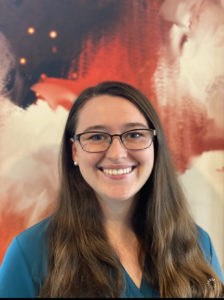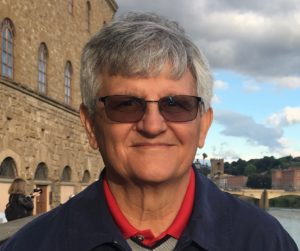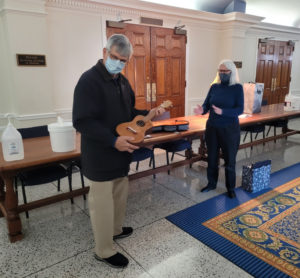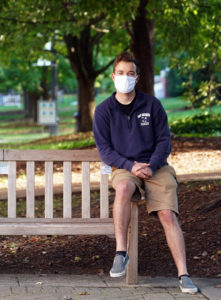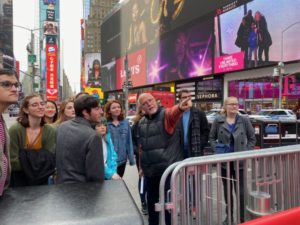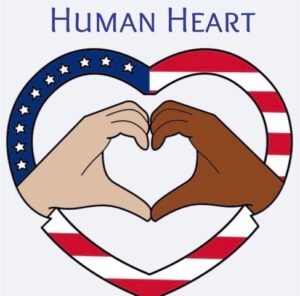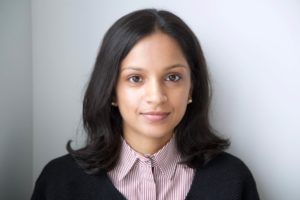
Assistant Professor of Communication Sushma Subramanian
How are you feeling? That question often elicits a one- or two-word response.
For Sushma Subramanian, it took 272 pages. In the midst of a global pandemic, quarantines and social distancing, she just published How to Feel: The Science and Meaning of Touch.
Touch may be our most important sense, said Subramanian, a science journalist and University of Mary Washington assistant professor of communication. Her current work explores the scientific, physical, emotional and cultural aspects of feeling.
She had finished the manuscript last March when news of COVID-19 broke, prompting several additions and revisions. “My editor and I quickly realized that society’s relationship with touch was going to change in some pretty extreme and long-lasting ways.”
After more than a year without physical contact, people are suffering from touch-deprivation, but it’s not all bad, she said. Her post-pandemic prediction? “I don’t think we’ll go back to shaking hands,” said Subramanian, admitting she isn’t a fan of the practice. “But hugs, as more people are getting vaccinated, could be coming back pretty fast. People really miss it!”
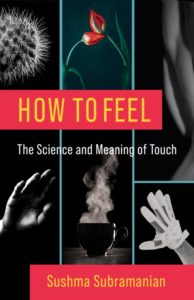
Photo credit: Columbia University Press.
Her family pod expanded by one near the beginning of quarantine. Subramanian gave birth to a daughter. “Thanks to her, I have faced no touch-deprivation at all!”
Subramanian, who earned an undergraduate degree from the University of Southern California and a master’s at Columbia University Graduate School of Journalism, currently teaches news reporting and writing, and serves as faculty advisor to The Blue & Gray Press. Her own writing focuses on how science can explain daily phenomena, from iPad technology to why our skin tingles when we listen to beautiful music.
“Journalism is a field that is quickly changing,” Subramanian said, “so it’s always helpful to have one foot inside it to teach students what they can expect when they graduate.”
Q: What attracted you to Mary Washington?
A: I had been part-time teaching for many years and wanted to make it a bigger part of my career. Writing can be lonely, so I like having regular interaction, and teaching students about something I love so much helps keep me excited about it.
Q: What’s your favorite course to teach?
A: Magazine journalism, which allows journalists to delve deeply into their subjects and write creatively about the material they collect.
Q: What’s most rewarding about your job?
A: If something sparks my interest, I can just call up the world’s expert in that topic. And then I get to share what I learn. I think of my writing as a form of teaching, too.

Sushma Subramanian giving her 6-month-old daughter a massage.
Q: Most challenging?
A: Coming up with new ideas that no one else has tackled … I get anxious when my bucket is dry.
Q: What’s the most tactile item in your office?
A: A couple years ago, I entered a Peeps diorama contest. I made a scene of Neanderthals gathering around a fire with those Easter marshmallow treats – and I was a prize winner. I sprayed it with shellac, but I worry how long those Peeps will last.
Q: What might people be surprised to learn about you?
A: I make dog houses out of used Amazon boxes. I’ve done a castle and mid-century modern.
Q: What’s your motto?
A: I used to be a serious procrastinator; now I’m the opposite. I always say, “If you don’t put in the work now, you’ll pay for it later.”
